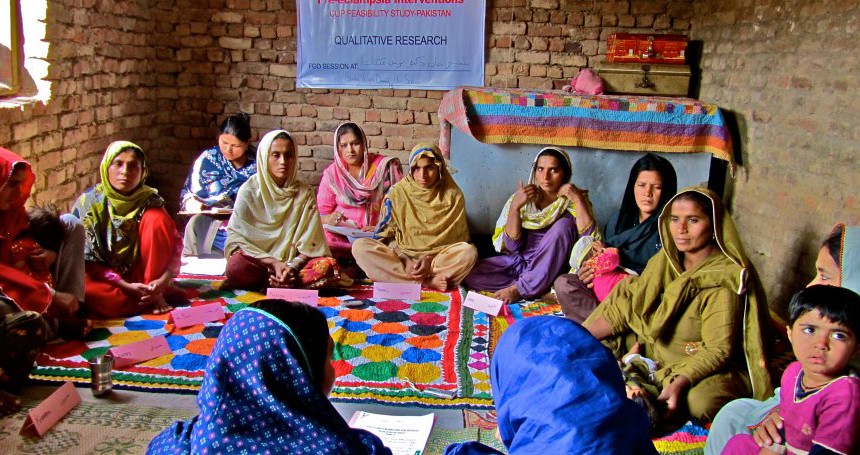
The CLIP Feasibility Studies were conducted prior to the start of the CLIP cRCTs in India, Pakistan, Nigeria and Mozambique to explore prevailing facilitators and barriers for the upcoming implementation of the CLIP cRCT. Largely qualitative in nature, these studies are a culmination of hundreds of interviews and focus groups with hundreds of participants across four geographically and culturally unique regions.
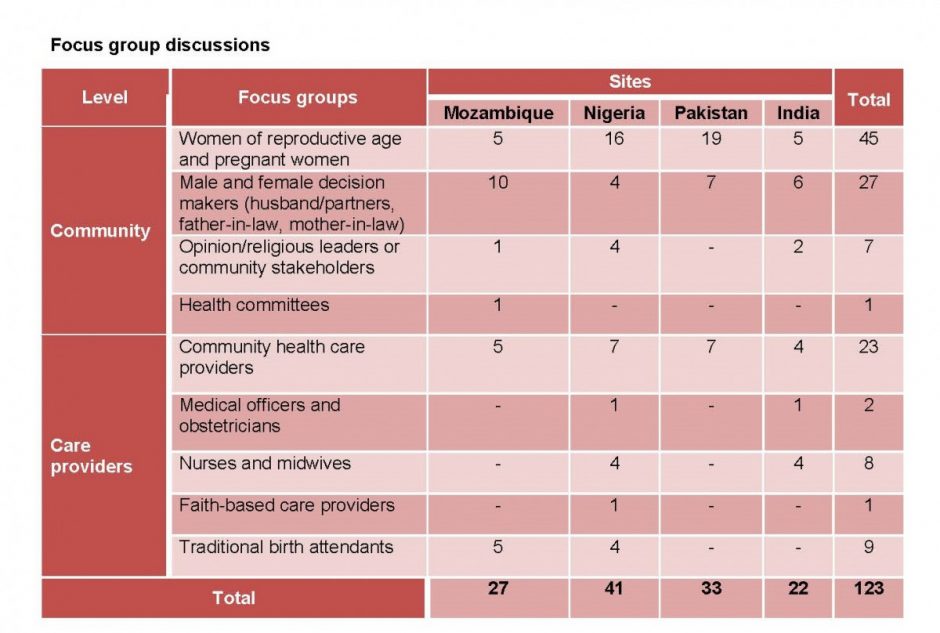
The CLIP Feasibility studies offer community insights from four low- and middle-income countries into normal and complicated pregnancies. We believe that understanding the contextual factors as well as honouring the local knowledge is paramount to building community-level resilience for the care of women with pre-eclampsia.
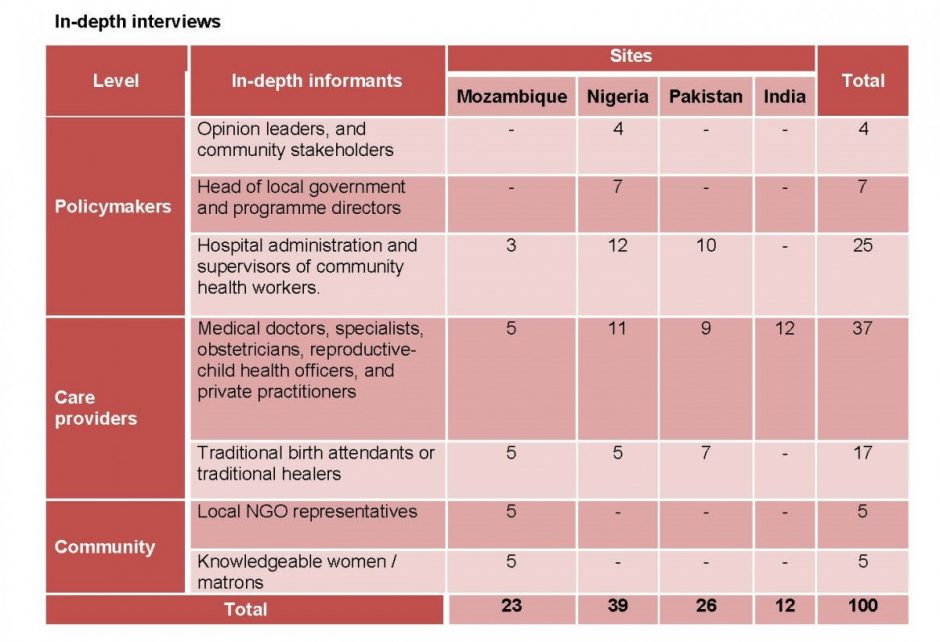
Some insights from the study:
“If they are trained that is the best thing because you have one ASHA per thousand population, she will visit every ANC at least once a week, which nobody else can do as she will do, if she can monitor it, well and good, but they need to be trained.” —Obstetrician, Tertiary Hospital, Bagalkot
“We have to improve the confidence level of the patient to ASHAs. If that improves they’ll come, they’ll convince their husbands and come.”
—Obstetrician, Tertiary Hospital, Bagalkot
“In my centre, there is no light and there is no water. The government didn’t renovate the place so that it can attract patients. Nothing like that. Those are the challenges. Where the clinic has good physical structures and the environment is clean, the women will turn up. But when they come and they see everywhere dirty, they won’t turn up.” —CHEW, Imeko-Afon
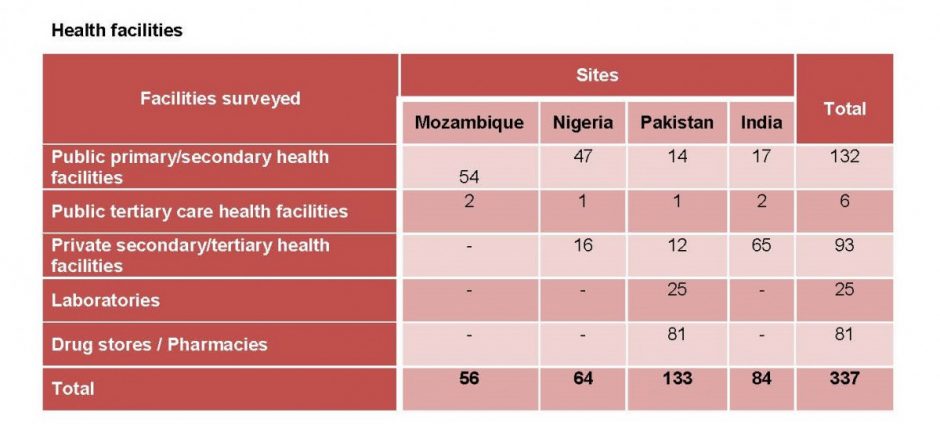
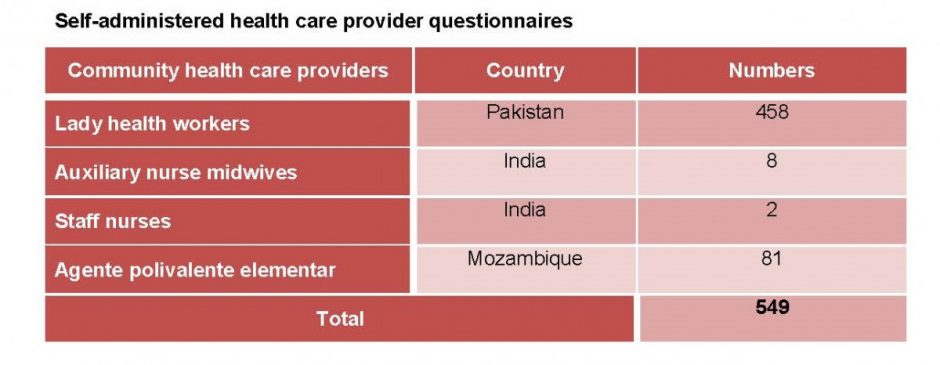
The results have been published in BMC Reproductive Health, and are collated here: CLIP Feasibility Study Booklet.